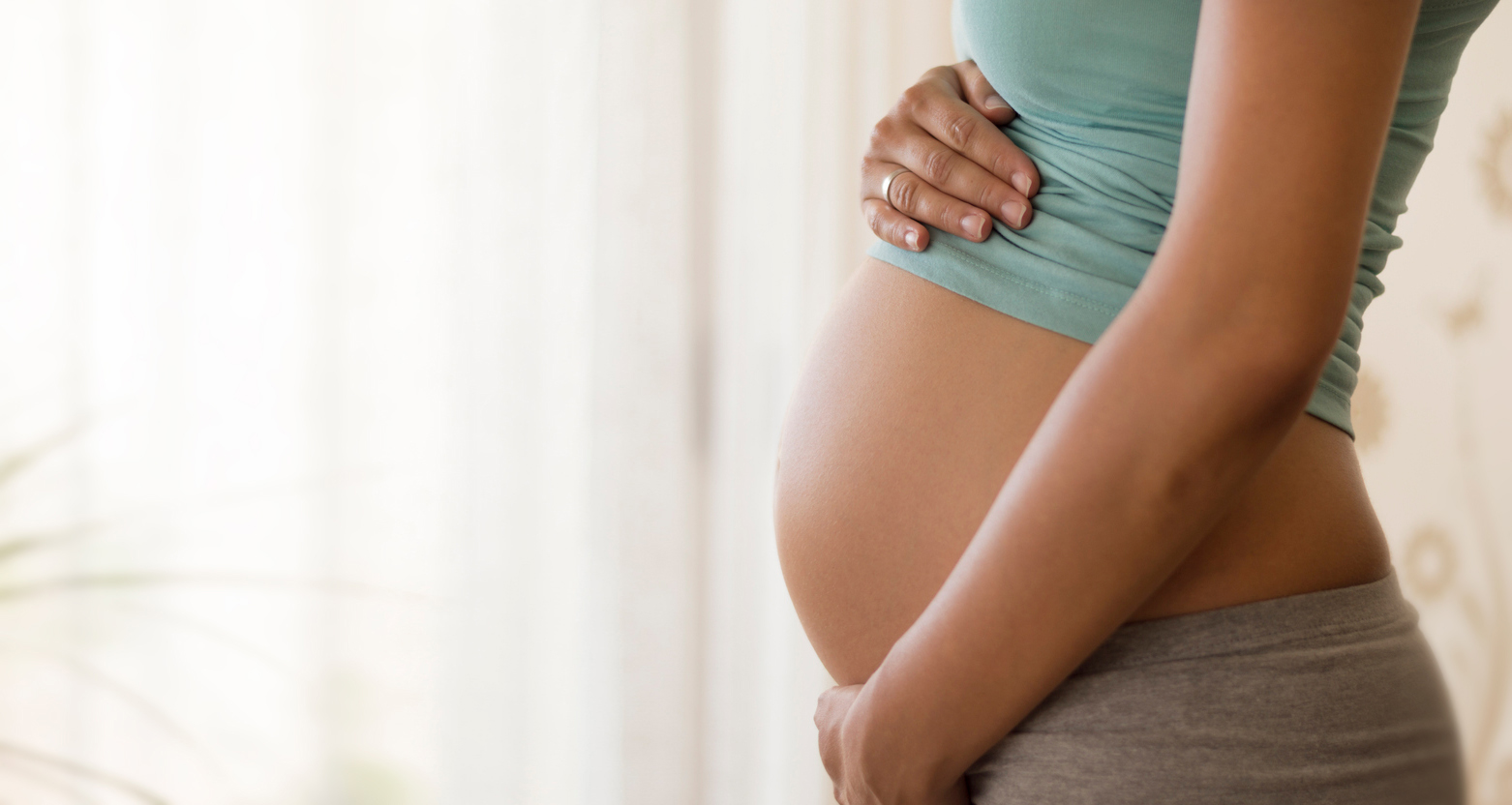
« This is a major advance in our understanding of COVID-19 during pregnancy », explains Marco Alves, group leader and immunologist at the IVI. « Thousands of infectious viral particles can be produced rapidly in the placenta. In addition, we observed that expression of the SARS-CoV-2 receptor in the placenta is highly variable and specific to each pregnancy, which might explain why the virus sometimes is transmitted to the foetus ».
It is important to remember that pregnant women have a 70% greater risk of becoming infected with SARS-CoV-2 than the general population of the same age. « If they become infected, the risk of a severe progression, i.e. admission to intensive care, is around five to ten percent », explains David Baud, head of obstetrics at the CHUV. The risk of premature delivery is increased by two to three times. It is also known that the risk of foetal death (death in utero) similarly increases by two to three times if the pregnant woman is infected. Pregnant women and their unborn children should therefore be considered as especially vulnerable to SARS-CoV-2.
The study by the Bern and Lausanne research teams strengthens the recommendation of vaccination for pregnant women. To date, several hundred thousand pregnant women have received a messenger RNA vaccine, with no increase in risk to mother and child. Indeed, messenger RNA does not pass into the foetus, while the antibodies developed by the mother cross the placental barrier and will therefore protect the child. “The fact that the virus can infect and proliferate in the placenta demonstrates the need for women to be vaccinated”, say the two researchers. Vaccination against SARS-CoV-2 is currently recommended for all pregnant women in Switzerland.
More information
Institute of Virology and Immunology IVI : communication(at)ivi.admin.ch / +41 58 481 38 88
CHUV : medias(at)chuv.ch /+41 79 556 60 00
